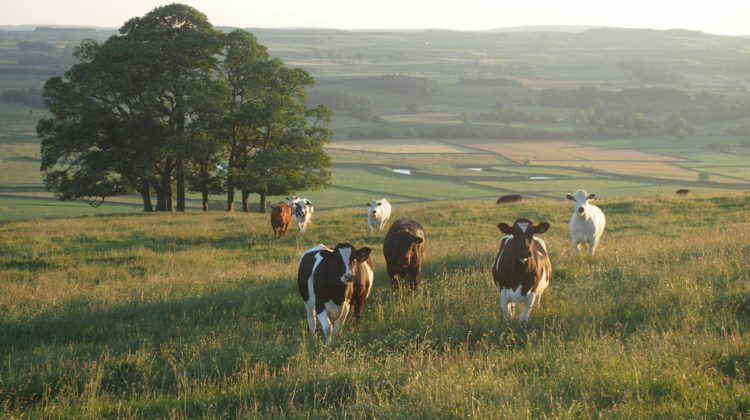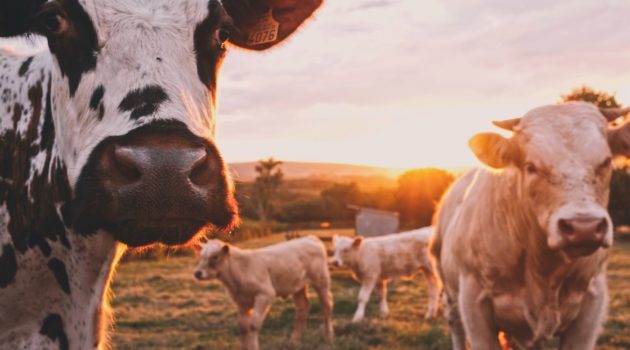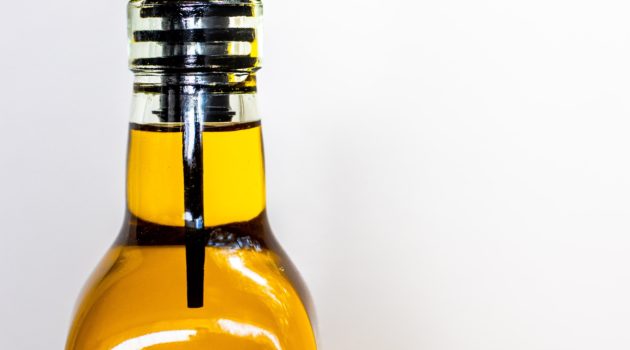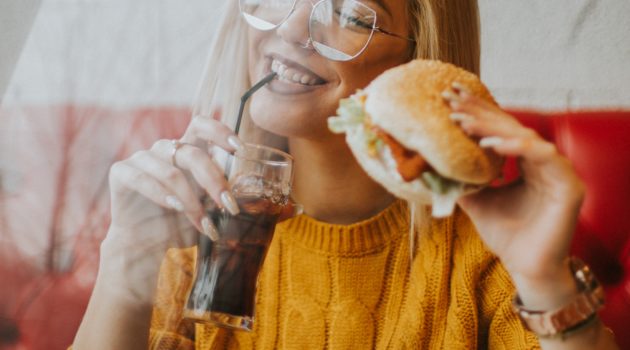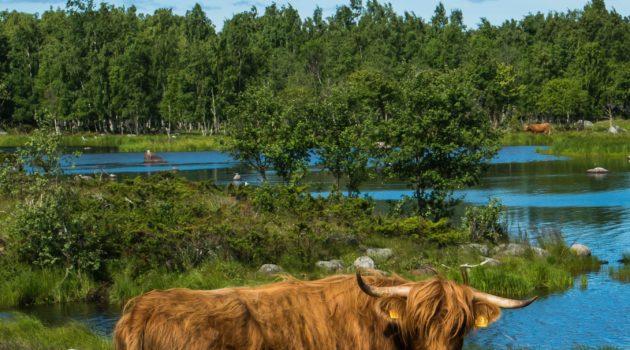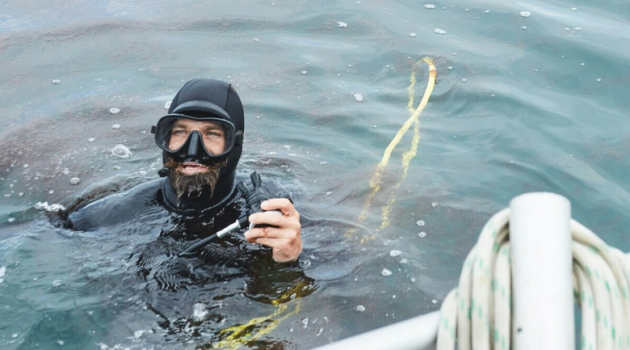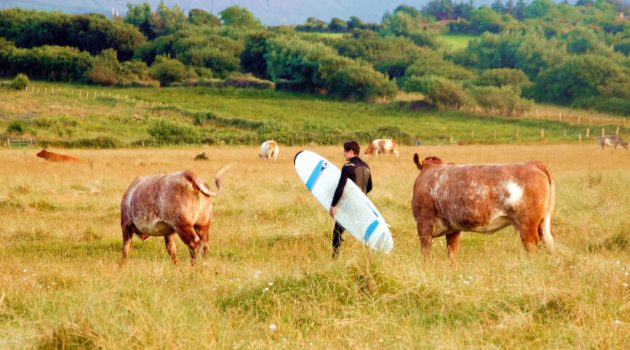Explore
The science behind FutureFeed® (Asparagopsis taxiformis)
Questions about FutureFeed®? Find out more about it, and how this variety of seaweed could help reduce emissions that are emitted by the world’s livestock populations. Find out what it is, how it can help, and where to find it around the world.
Continue Reading The science behind FutureFeed® (Asparagopsis taxiformis)
Sam Elsom swaps fashion for seaweed farming
Sam Elsom’s Instagram feed is looking pretty bare. The fashion designer and photographer hasn’t posted a fashion-related image on his feed since mid-2018, but following an interview with the Australian Financial Review, the reason why is clear – it’s because of seaweed. Specifically, Asparagopsis taxiformis, a variety of seaweed which has been shown in scientific tests to reduce the methane output of livestock such as cows. This means that seaweed could be a major solution to climate change.
Continue Reading Sam Elsom swaps fashion for seaweed farming
Can red seaweed slash our methane emissions?
Asparagopsis comes in two varieties, warm water (taxiformis) and cold water (armata). Researchers and companies in New Zealand are exploring the effectiveness and commercial viability of the armata variety. This article also explores some of the challenges and obstacles identified with commercialising and using the seaweed as a feed additive.
Continue Reading Can red seaweed slash our methane emissions?
